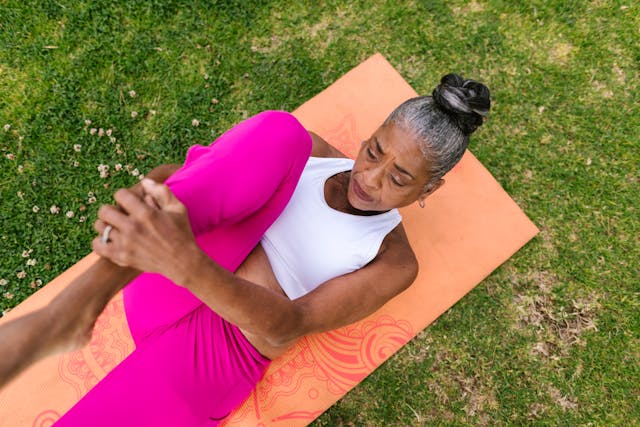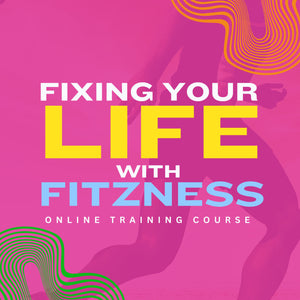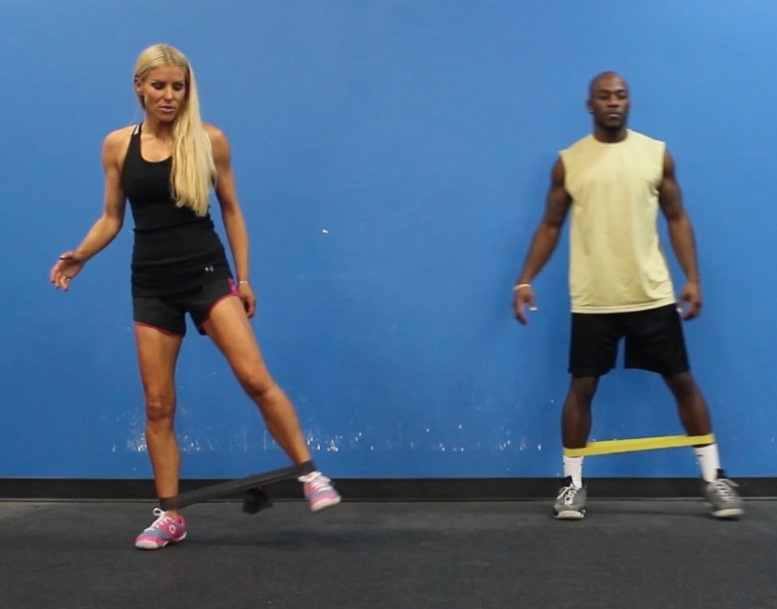Health changes as we get older, which is a fact of life, and we all have to deal with it as the years go on. That being said, there’s a lot you can do to maintain control over your health and independence as you age. The best thing to focus on for that? Your fitness!
The fitter you are, and the fitter you try to be, the stronger and more flexible your brain and body will be. Not even getting old can stop that from being a benefit to you! And even when it’s been a while since you last exercised, restarting and committing to a routine will be a massive help to your health.
It’s never too late. Staying fit will keep you in charge for as long as possible. The guide we’ve put together below will show you where to start on your renewed fitness journey and what you should focus on in the long term. Check it out.
Walk Every Day
If you don’t do any other exercise, walking is the best one to start with. Moving, in general, is very good for you, at least as much as sitting can be, and it’s also the most accessible way to keep in shape. All you need to do is stand up and get going.
If walking isn’t an option for you, try sitting in place and slowly lifting your knees up and down as high as possible, mimicking walking. If you’re able to get your legs into this position, try to do so once a day for 5 to 10 minutes. You’ll be able to get your joints and muscles moving, but you won’t have to struggle back and forth at the same time.
Stretching is Incredibly Important
When it comes to building an exercise routine that will really support your health, make sure you include stretching. Maintaining mobility is one key to avoiding stiffness and injury.
Stretches are good for warming up and cooling down. You can do them in the 5 minutes after waking up and before you head into the shower. The more you stretch, the more flexible you’ll be and the less stiffness you’ll have to contend with!
As you get older, feeling stiff could be one of the main problems getting in the way of being as independent as you want. For example, if you’re feeling stiff when getting out of bed, you won’t go play golf or do fun things with your friends if it hurts too much to do so!
Stiffness can also increase your risk of falls. Your muscles may feel weak, and when you’re a little too stiff, things like your balance and your grip can also become shaky.
Invest in a Personal Alarm
A personal alarm can remove anxiety and provide critical support if needed. Indeed, if you fall over, who will be there to help? Falls are all too common and can be life-altering and life-ending for seniors. But if you have an emergency response system, you’ll live with the confidence that even if you need help, you’ll get it. This kind of alarm can go everywhere you go, and no matter what happens or how you’re affected, the emergency services will be able to reach you.
That can add a bit more freedom to your movements. It’s still best to be careful and vigilant over what you’re capable of doing and where your limits are, but now you can get out there and know you’re not alone. Sometimes, that’s all the boost needed to return to the fitness train.
Attend a Class
Getting out is great for combatting the issues that age brings, and the more you do, the more independent you’ll naturally feel. You always feel more in control when you can leave the house and do what you like. So why not make this a regular thing in your life and start attending a fitness class or two?
Not only will this ensure fitness is a mainstay in your schedule, but it’ll ensure you’re getting into the groove of a proper exercise routine. After all, when you’re in a class with others, you will feel more accountable for turning up! And sometimes that’s the kind of thing you need to focus on the health goals you’ve set.
Plus, when you attend a class, you meet other people on the same journey you are. This is your chance to make some new close friends, and the more sociable your life is, the more independence gets baked into it.
Go for a Swim Once a Week
Aiming to stay fit and embarking on a fitness journey is all well and good, but sometimes, it feels like your body is outright saying, ‘No! ‘
Maybe you have joint pain and struggle even to be upright sometimes. Perhaps you need to use a wheelchair here and there, and you can’t be sure when you’ll have ‘good days’ and ‘bad days’?
If that’s the kind of dilemma you’re facing, and just like the alternative exercises we mentioned in our earlier point, there are other activities you can do to support your long-term fitness.
Swimming is one such activity. The water provides a gentle, impact-free, and forgiving environment for exercise. You can train for cardio, strength, and flexibility in the water without fears of falls or overheating. Whether you swim, dance, strength train, stretch, or walk in the water, you can always expect to dry off better than you were at the beginning of your workout.
Maintaining Your Fitness Means Long-Term Independence
Putting yourself through your paces will always do you some good, no matter how old you are. If you want to maintain your independence for as long as possible, and you’re worried about life-changing events that you won’t be in control of, exercise will make a massive difference in the quality of your life.
Start slowly and gently, and be sure to commit to it day after day. Challenge yourself frequently in small ways, keep things fun, make new friends, try out various sports and classes, and get in the water from time to time—your body will appreciate the change of pace and the occasional impact-free activity.






